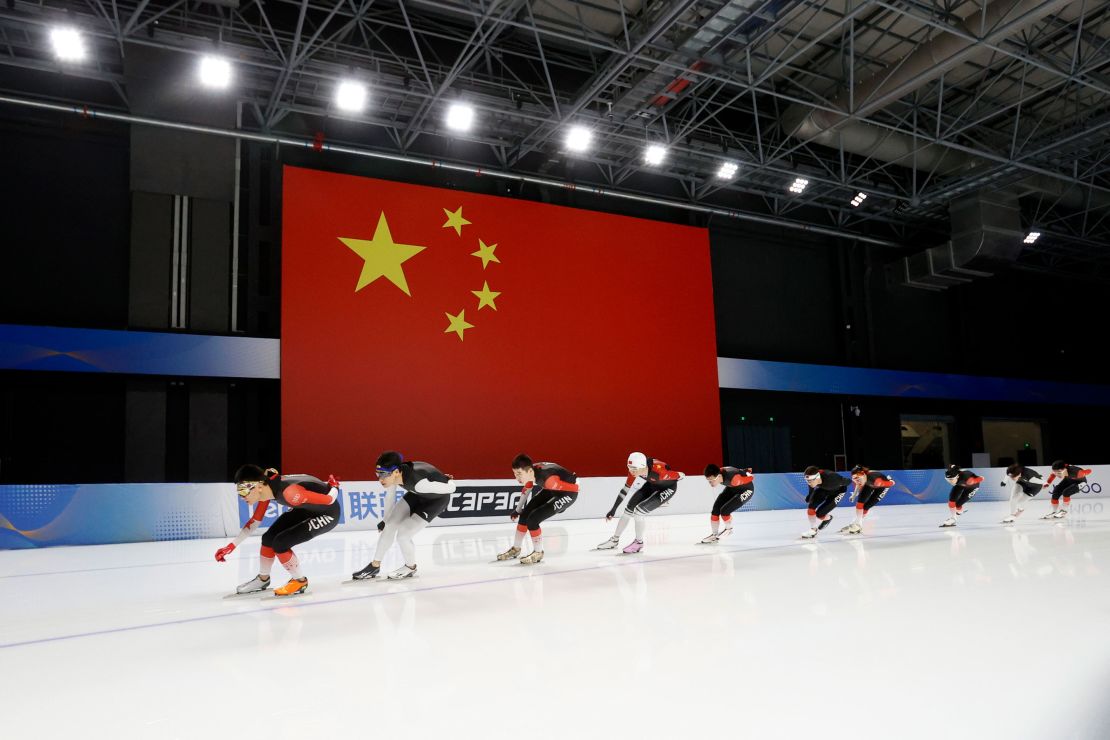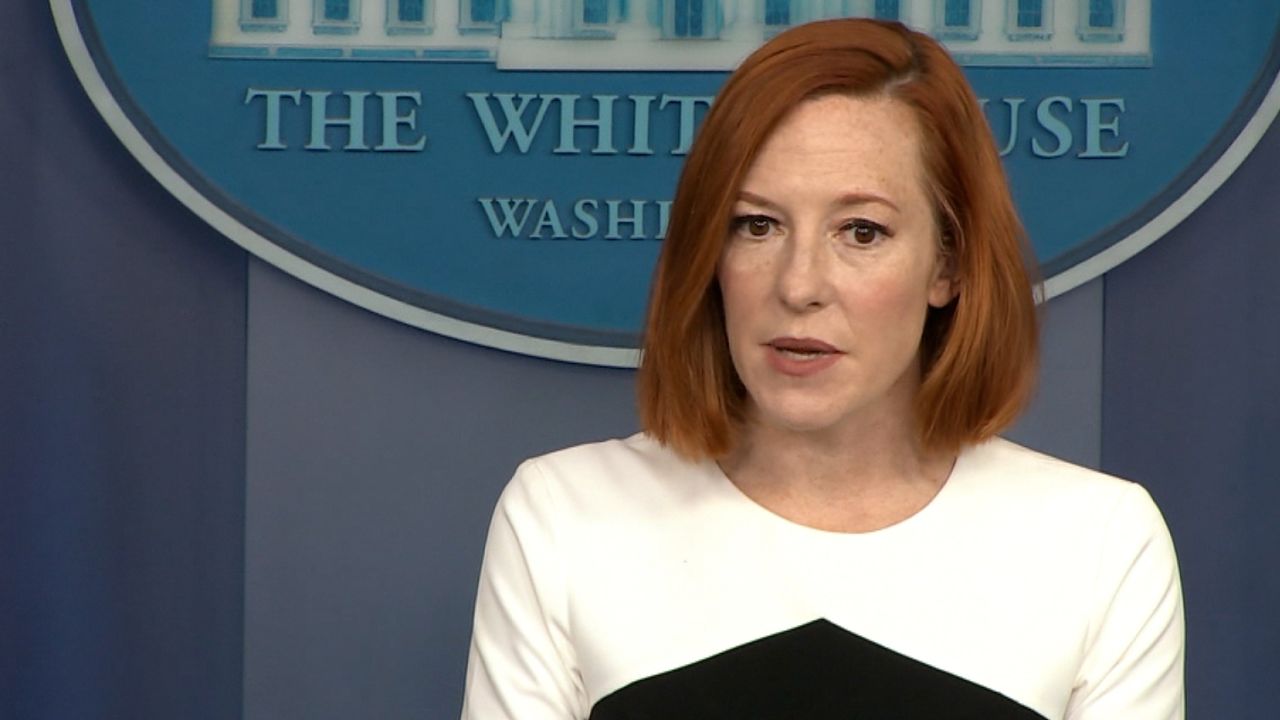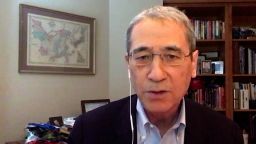China has threatened the Biden administration with retaliation over its decision to impose a diplomatic boycott of the 2022 Winter Olympics in Beijing, warning the move could harm bilateral relations.
The Biden administration said Monday it would not send an official United States delegation to the Beijing Winter Games as a statement against China’s “ongoing genocide and crimes against humanity in Xinjiang.” US athletes will still be allowed to compete in the Games.
Responding to the White House announcement, China’s Foreign Ministry said it had launched “solemn representation” with the US and vowed to take “resolute countermeasures.”
“Out of ideological bias and based on lies and rumors, the US is trying to disrupt the Beijing Winter Olympics. This will only expose its sinister intention and further erode its moral authority and credibility,” ministry spokesperson Zhao Lijian said at a news conference Tuesday.
“The wrong move of the US has undermined the foundation and atmosphere for China-US sports exchanges and Olympic cooperation. It has shot itself in the foot. The US should understand the grave consequences of its move,” Zhao said.

Relations between the two superpowers had recently begun to improve, following last month’s virtual summit between US President Joe Biden and his Chinese counterpart Xi Jinping.
While the meeting yielded no significant breakthroughs, it allowed for a return to a more constructive, stable relationship, following a near total breakdown during the final year of the Trump administration and continued hostility into the Biden administration.
Beijing has offered no clue as to what countermeasures it is considering, but the possibility of further retaliation now threatens to once again derail bilateral relations.
Compared to the angry response of the Chinese Foreign Ministry, some Chinese diplomats and state media employees have offered a more nonchalant take on Twitter – which is blocked in China – stressing US politicians had not yet been invited to the Games.
“Politicians calling for boycott #2022BeijingOlympics are doing so for their own political interests and posturing. In fact, no one would care about whether these people come or not, and it has no impact whatsoever on the #Beijing2022 to be successfully held,” tweeted Liu Pengyu, spokesperson of the Chinese Embassy in the US.
Hu Xijin, editor-in-chief of the nationalist tabloid Global Times, also weighed in.
“Why the fuss? If US officials don’t come, let it be. China didn’t invite them anyway.” he tweeted. “Only super narcissistic people will regard their absence as a powerful boycott. Most of those US govt officials are close contacts of the Covid-19 patients according to China’s standard, moreover picky and pretentious. You are the people that Beijing residents least want to see.”
While Beijing might not be too concerned about the absence of American politicians, it could turn into a bigger headache if the US move is joined by more countries. Previously, the United Kingdom, Canada and Australia have all said they were considering a diplomatic boycott.
Activists have long called for a boycott of the Beijing Games in protest of China’s human rights abuses in Xinjiang and Tibet, and its political crackdown on Hong Kong. Over the past month, Beijing’s silencing of Chinese tennis star Peng Shuai’s sexual assault allegations against a former Chinese leader has further amplified such calls.
The US diplomatic boycott has been welcomed by rights groups. Human Rights Watch called it a “crucial step toward challenging the Chinese government’s crimes against humanity targeting Uyghurs and other Turkic communities.”
“But this shouldn’t be the only action. The US should now redouble efforts with like-minded governments to investigate and map out pathways to accountability for those responsible for these crimes and justice for the survivors,” Sophie Richardson, China director at Human Rights Watch, said in a statement.
The potential snowball effect is clearly on the mind of some Chinese diplomats. The Chinese mission to the United Nations, for instance, has called the US move a reflection of “its mentality of the Cold War.”
“The US just wants to politicize sports, create divisions and provoke confrontation. This approach will find no support and is doomed to fail. It will only make them more isolated and stand in opposition to the trend of the times and to the vast majority of countries and people around the world,” the mission’s spokesperson Zhu Zhiqiang said in a statement.
Washington’s response to the Beijing Winter Games stands in stark contrast to its approach to the Beijing Summer Olympics 13 years ago, when the Chinese government faced fierce criticism and protests against its crackdown on Tibet.
In 2008, then-President George W. Bush attended the Olympic opening ceremony and cheered for American athletes during the Games. His father, former President George H.W. Bush, also attended the Games as the honorary captain of the US team.
CNN’s Allie Malloy, Kate Sullivan and Kaitlan Collins contributed to this report.






















